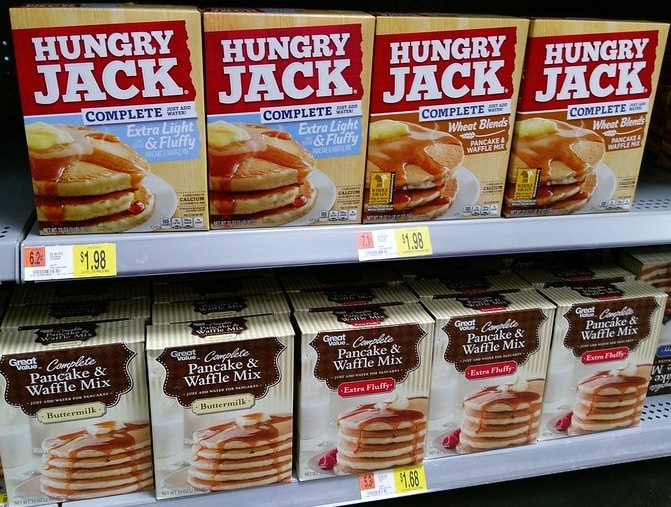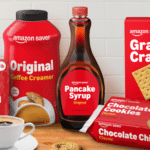
With high grocery prices and shrinking household budgets, more shoppers have been gravitating toward lower-priced store-brand products. And retailers have been eagerly marketing them. So a number of brand manufacturers are finally starting to fight back, by offering more coupons and deals.
And shoppers may be thinking – it’s about time.
The business solutions provider Advantage Solutions recently surveyed retailers and manufacturers to find out how they’re working together – and competing against each other – for your grocery dollars. What they found is that retailers are investing even more heavily in increasingly-popular store brands, while brand manufacturers are adopting several different strategies to stay competitive, ranging from justifying their higher prices, to giving in and lowering them.
When asked how they plan to make their products more appealing to shoppers – and more competitive with store brands – in the year ahead, two-thirds of brand manufacturers say they will emphasize their brands’ quality. Their products cost more, they argue, because they’re better. That’s the strategy long used by major manufacturers like Procter & Gamble, which likes to promote its brands’ “irresistible superiority.” Shoppers are willing to pay more for a superior product, the company believes, because it will save them money in the long run.
“Many of our categories are categories where a consumer doesn’t want to risk failure,” P&G Chief Financial Officer Andre Schulten told investors last month. “You don’t want to wash your clothes twice. And you certainly don’t want to deal with a diaper failure.”
So according to that strategy, if shoppers want to switch to private label products, let them. They’ll be back.
But other manufacturers are starting to give price-sensitive shoppers more of what they really want – coupons and deals to help them save money, and tempt them to come back to their favorite brands. A third of manufacturers in the survey said they plan to invest more in promotional prices. And when asked their top tool for remaining competitive at the shelf, nearly half said digital couponing is their go-to strategy, while about a third rely on even more aggressive promotional prices or frequency.
One strategy you’re not likely to see reflected as you do your regular grocery shopping, is lower everyday prices. Only 5% of manufacturers said they are likely to lower prices in response to private label competition. The good news, at least, is that many of them won’t raise prices either. The last time Advantage Solutions asked manufacturers about pricing late last year, nearly half said they were planning list price increases over the next six months or so. Now, only a quarter of respondents say the same.
But retailers who’ve seen store-brand sales surge, aren’t taking these manufacturer strategies lying down. Nearly three-quarters of retailers in the survey say they are increasing private-brand availability, expanding into new categories or introducing new varieties of existing store-brand products. Even those who don’t plan to introduce new products, will make space for more of what they already sell – an overwhelming 97% say they will increase shelf space devoted to private-label food products.
“Innovation is rising, list price increases are waning” and “trade promotion activity has inched up gradually since the COVID dip,” Advantage Solutions’ report reads. It’s not clear yet whether grocery prices have peaked, but promotional prices seem to be ready for a comeback. As retailers and manufacturers intensify their competition for your business, price-sensitive shoppers just might end up the real winner.
Image source: l_dawg2000













